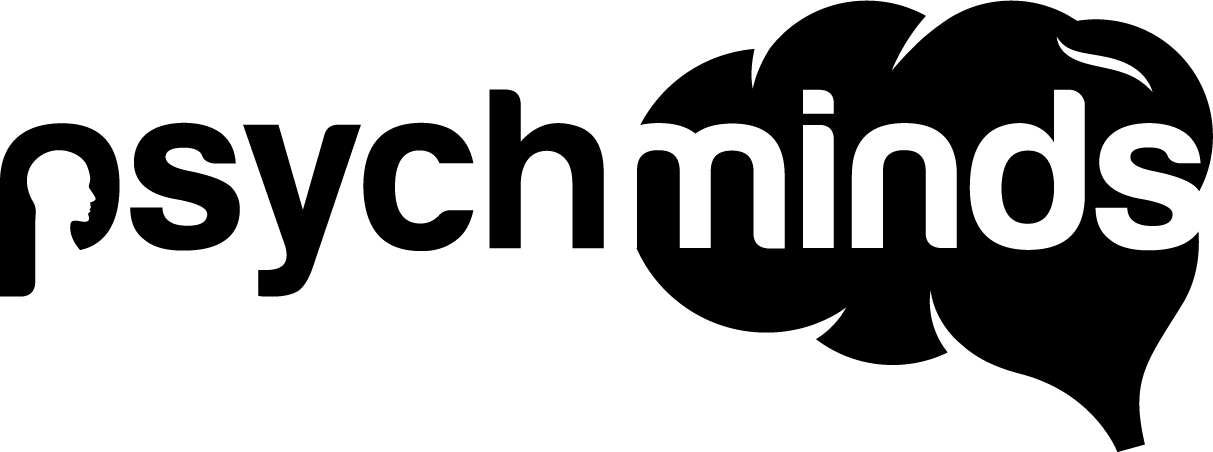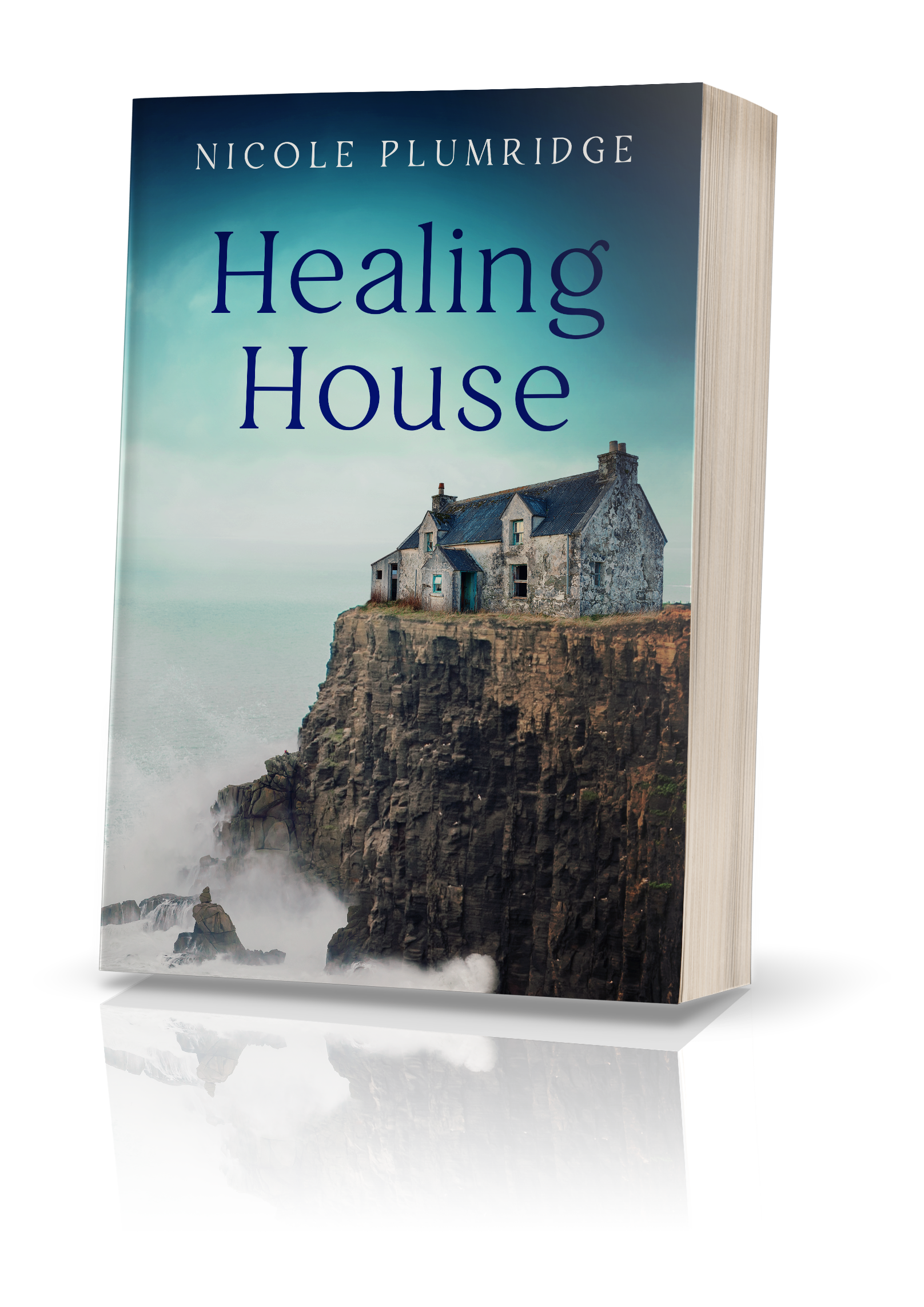What is OCD?
The symptoms brought on by Obsessive-Compulsive Disorder can be challenging to manage during the best of times. With the recent coronavirus pandemic, however, this can be an even more difficult time for some.
According to the Diagnostic and Statistical Manual of Mental Disorders, Fifth Edition (DSM-5), Obsessive-Compulsive Disorder is characterised by obsessions defined by recurrent and persistent thoughts that are intrusive and unwanted, resulting in anxiety. Compulsions are defined by repetitive behaviours or thought processes that the individual is driven to perform. The purpose of which is aimed at reducing or preventing feelings of anxiety although the thoughts or acts themselves have little to do with the anxiety provoking situation.
There are countless examples of ritualistic behaviour such as compulsive hand washing, counting repetitively, checking and re-checking as well as self-generated rules such as completing a task in a specific sequence and if that sequence is disrupted in any way, starting all over again. On the surface, these behaviours may not seem like such a problem. However, for a person with OCD, these can be debilitating. With a barrage of unwanted thoughts preying upon the individual’s mind as well as a compulsion to perform the behaviours potentially 100 times a day or more, the person may feel stuck in an anxiety and stress inducing loop.
How individuals with OCD may be affected by coronavirus
Everyone has their own ways of coping and dealing with the current situation. While some individuals with OCD may face exacerbated symptoms others may have well-honed coping mechanisms that are now being utilized.
There are many different fear types and anxiety inducing situations that individual’s with OCD face. Depending on what the individual’s fear type or anxiety inducing situation is may affect how they react to the pandemic. Several fear types include: contamination, fear of harming others, fear of being vulnerable and being harmed. If an individual suffers from fears of contamination, the current pandemic may exacerbate those fears. However, if the individual suffers from ritualistic counting or compulsive checking behaviours, they may be unaffected in terms of their OCD by the pandemic.
For those whose fear type is connected in some way to the pandemic, this can be an extremely distressing time whereby the individual may feel as if they are spiralling out of control. The only way they may feel they can regain that control could be to engage in the compulsive behaviours. Individuals with OCD tend to have higher threat perceptions than the average person. Although the threat of the coronavirus is real, the threat perception may be blown out of proportion by someone who has OCD.
This increase in fear, irrational thoughts, compulsive and potentially harmful behaviours can make a bad situation worse. It can be emotionally, physically and mentally draining. It can lead to the inability to function in one’s day to day life.
Exposure and Response Prevention Therapy
There are many different therapy options to help manage the symptoms of OCD, one of which is Exposure and Response Prevention Therapy (ERPT). Through this therapy, an individual is exposed to an anxiety provoking situation (Exposure). They then make the conscious decision to not engage in the ritualistic behaviour they typically would perform (Response Prevention). The therapist then works through the anxiety that arises during this situation. This helps break the contingency between the stress inducing trigger and the perceived need to perform the compulsive behaviours. This can also be done with repetitive and intrusive thoughts. Moreover, healthy coping mechanisms are taught to help cope with the anxiety the situation triggers.
Strategies to help cope if you are suffering from OCD:
- Seek out telehealth therapy options and find a counsellor or therapist to support you through this difficult time
- If therapy is not an option at the moment, establish a friend or family member as your accountability partner. Your accountability partner will be there to help monitor your behaviour and tell you when you are going too far. It is important to recruit someone you trust and are receptive to
- Create a hygiene routine in line with the guidelines from the World Health Organisation (WHO). This is a time when increased hygiene is necessary. It is a time when you should be washing your hands more and disinfecting your surfaces. However, stick to the guidelines the WHO recommends as opposed to creating your own and allowing them to spiral out of control
- Recognise the signs and symptoms as well as the day-to-day triggers. When this happens, practice coping mechanisms that can enhance your well-being, such as deep breaths, removing yourself from the situation or finding someone to talk to. This is a time to practice self-compassion and understand that you may need to take it easy for a while
- Come to terms with the notion that while you may be able to control your immediate environment, you do not have control over the environment at large or the people in your general community. Relinquishing the need for control can be liberating in itself as it is not conducive to well-being to be overly anxious about situations which we do not have control over
- Monitor the amount of time spent reading the news. Checking the news can become an obsession in itself. Whilst a healthy amount of news is necessary to understand how the situation is progressing, it is important to realise when to stop and to see that this cycle may actually be producing more distress – this can be where your accountability partner steps in
Managing stress and anxiety can be particularly difficult during this time of social isolation. That is why it is important now more than ever to reach out! Don’t suffer with your symptoms alone. This is a time where we need to virtually, if not physically, lean on each other, hold each other up and be pillars of strength on an individual, societal and global level.
References
Beyond OCD. (n.d.). Clinical Definition of OCD. Retrieved April 8, 2020, from https://beyondocd.org/information-for-individuals/clinical-definition-of-ocd
OCD UK. (March 19th 2020). OCD and coronavirus (COVID-19) – Summary. Retrieved April 8, 2020, from https://www.ocduk.org/ocd-coronavirus-summary/
Smith, E., S., Quinlan, K., and Nicely, S. (March 24 2020). Why the OCD Community Holds the Key to Coping with COVID-19 Anxiety. International OCD Foundation. Retrieved April 8, 2020, from https://iocdf.org/blog/2020/03/24/why-the-ocd-community-holds-the-key-to-coping-with-covid-19-anxiety/
McLean Harvard Medical School Affiliate. (April 1 2020). Living With OCD During the Coronavirus Crisis. Retrieved April 8, 2020, from https://www.mcleanhospital.org/news/living-ocd-during-coronavirus-crisis
















